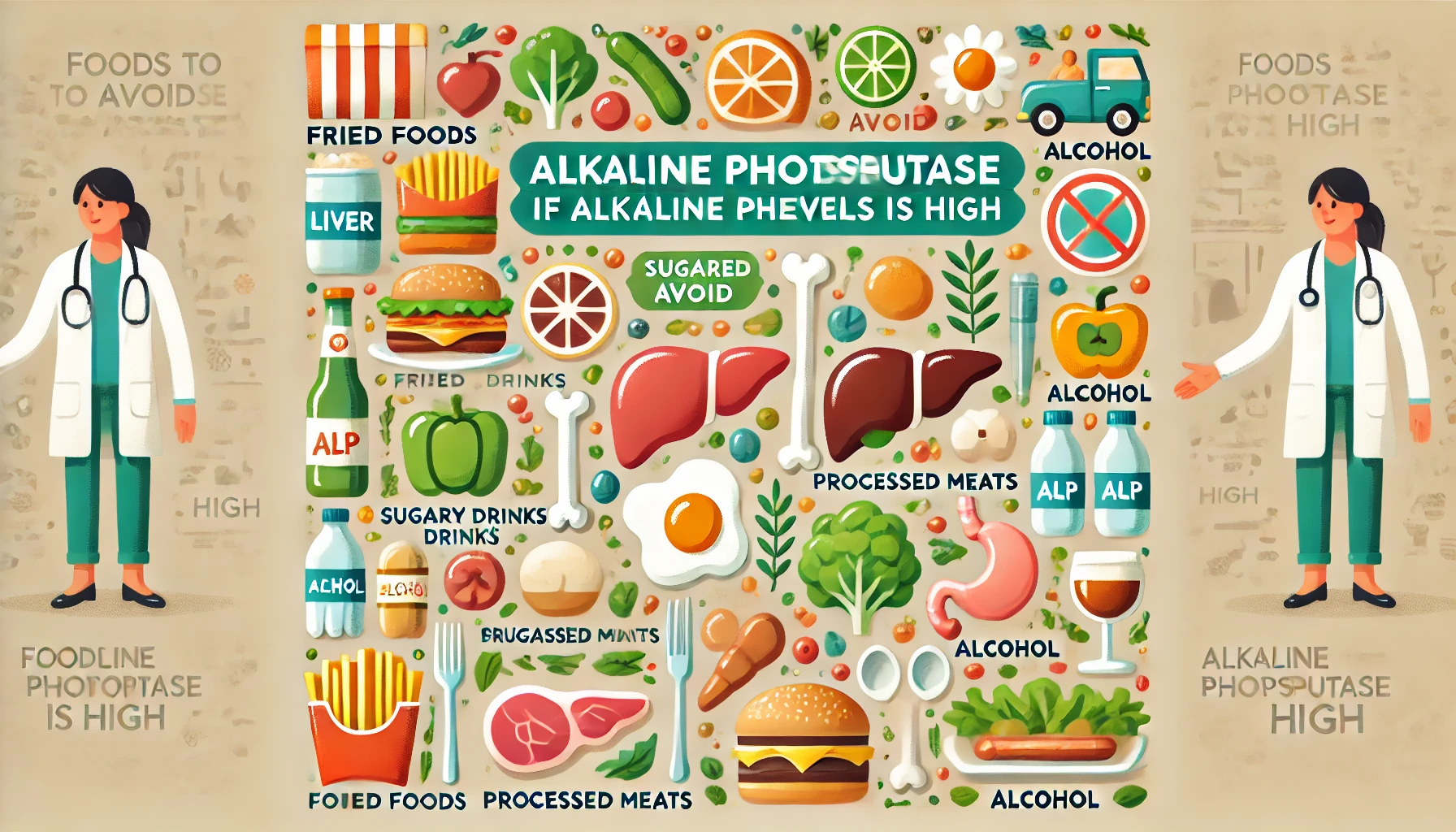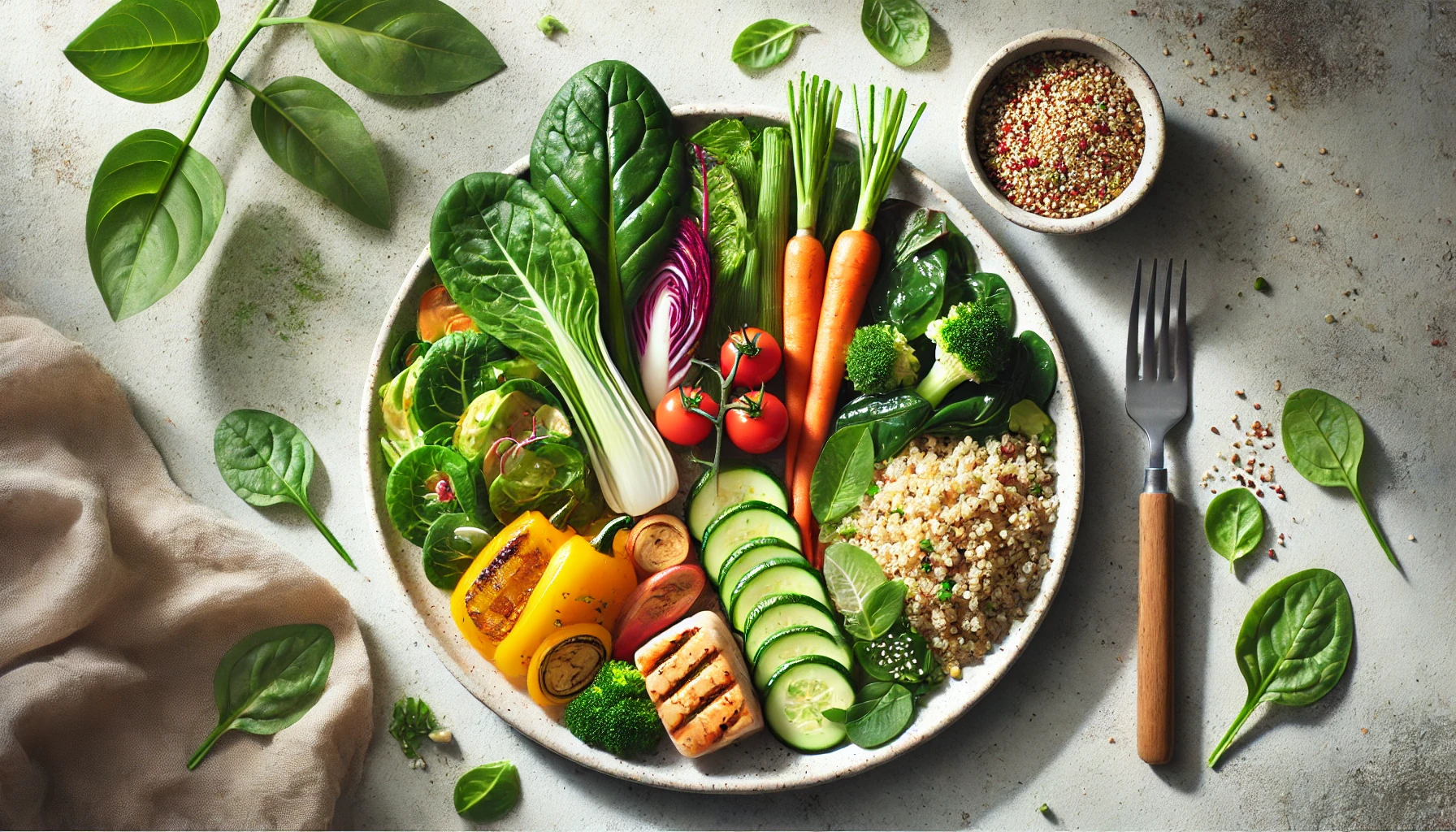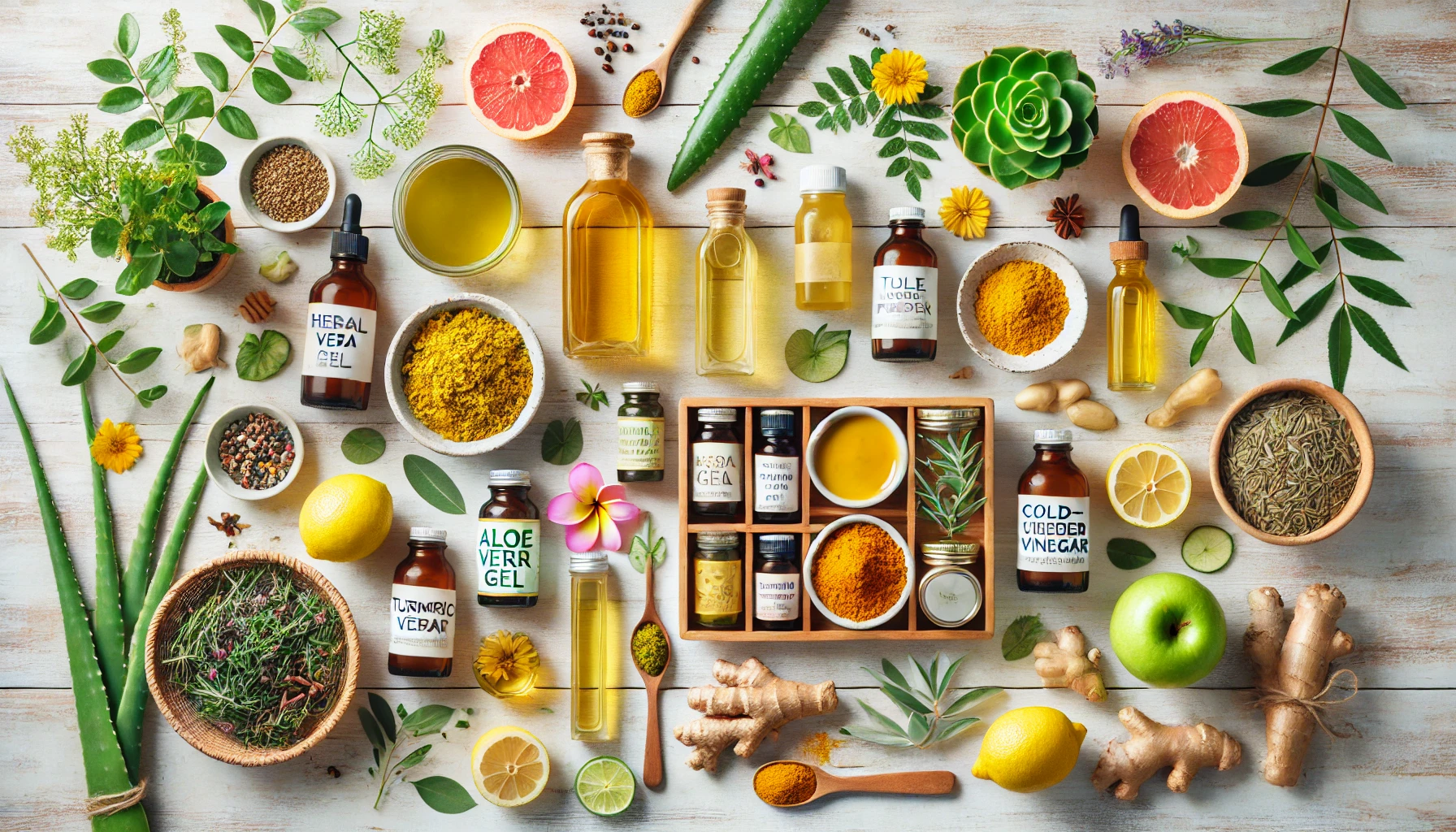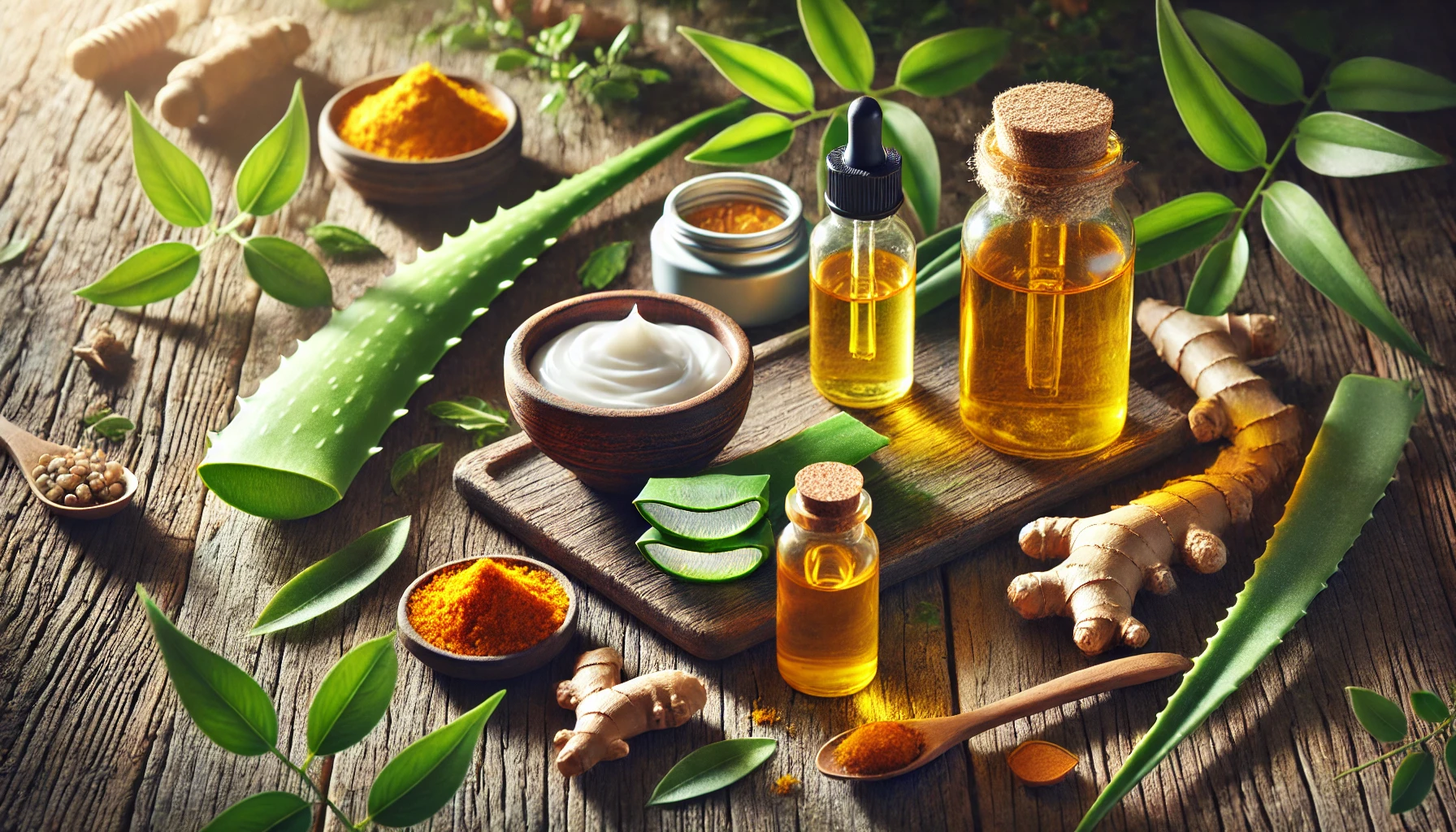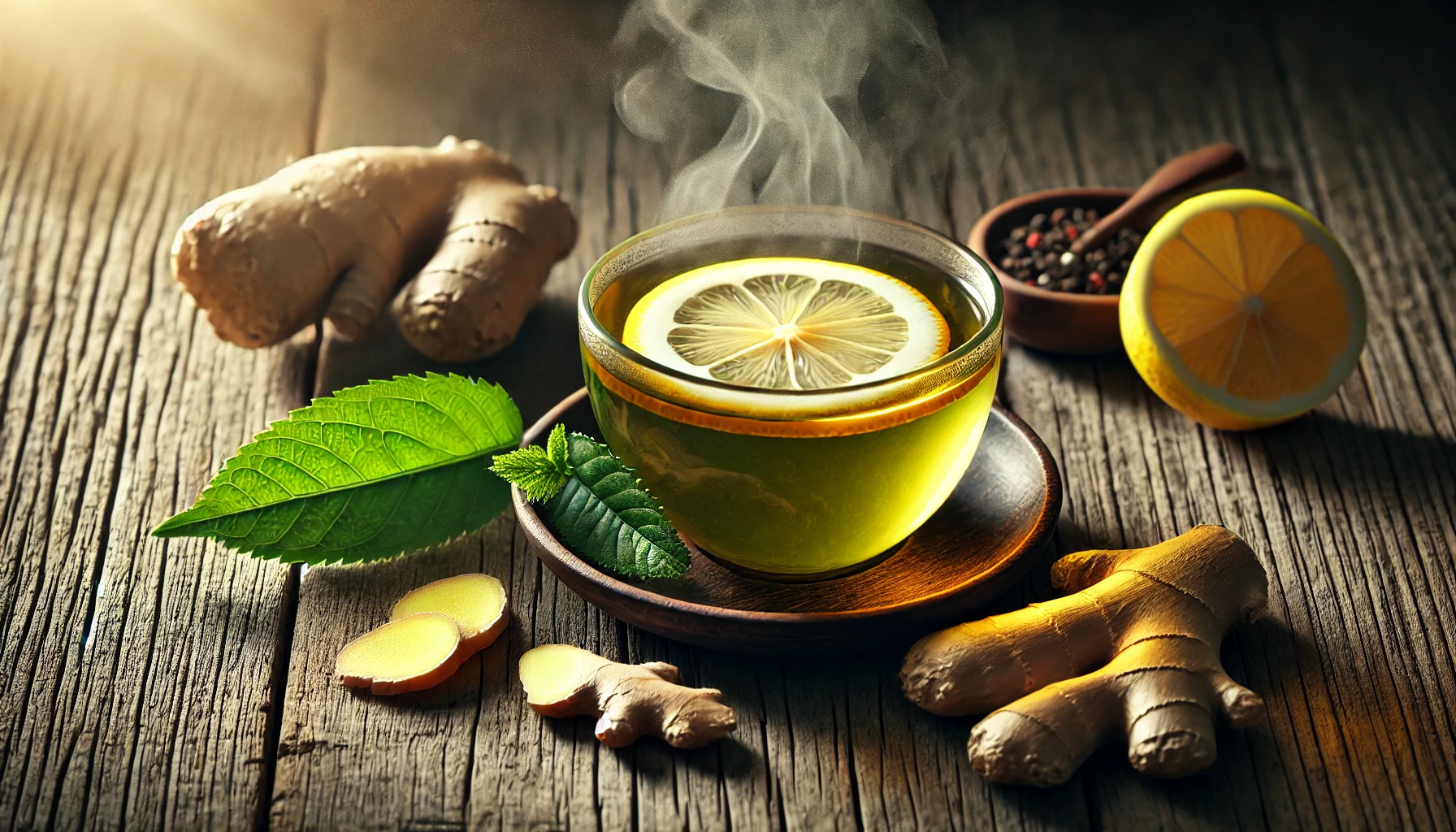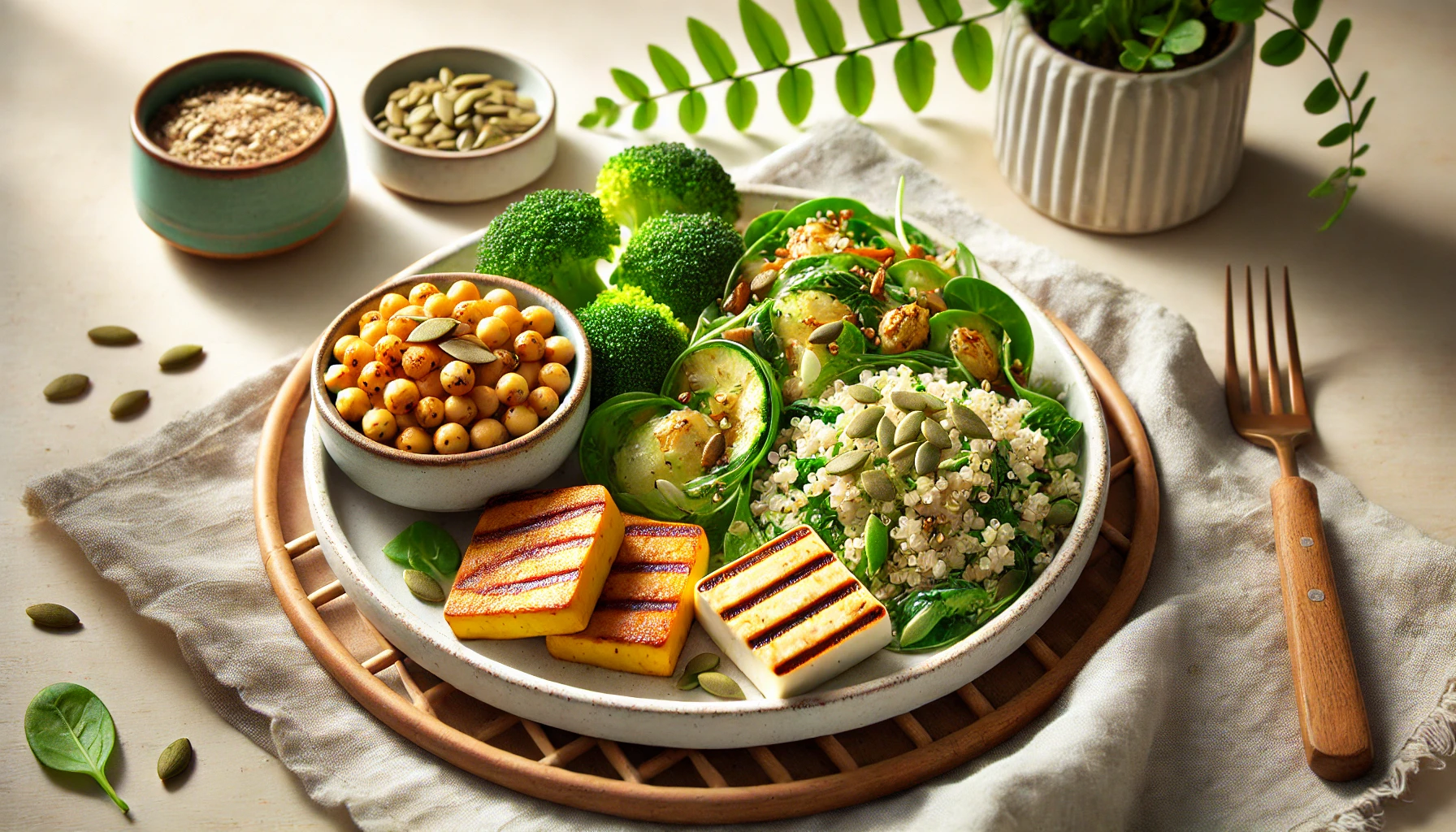Learn which Foods to Avoid if Alkaline Phosphatase is High foods to avoid if your alkaline phosphatase (ALP) levels are high. Discover expert opinions, dietary tips for liver and bone health, and FAQs in this complete guide.
Introduction
If you’ve had a blood test and your alkaline phosphatase (ALP) levels came back higher than normal, your doctor might have told you it could be related to your liver, bones, or gallbladder health. It’s natural to wonder if your diet could be playing a role — and more importantly, if there are foods you should avoid to help bring those levels down.
In this article, we’ll break down:
- What alkaline phosphatase is.
- Why it gets elevated.
- Which foods may worsen the situation.
- Expert opinions on dietary strategies.
- Practical tips and FAQs to guide you.
Let’s get into it — in plain English so you can easily apply this to your life.
What is Alkaline Phosphatase (ALP)?
Quick Definition
Alkaline phosphatase (ALP) is an enzyme found throughout your body, but especially in your liver, bones, and bile ducts. When there’s liver damage, bone disorders, or bile duct blockages, ALP levels can rise.
Normal Range
- Adults: 44 to 147 IU/L (varies slightly by lab)
- Children & Adolescents: Higher levels are normal due to bone growth.
High ALP Causes
| Possible Cause | How It Affects ALP |
|---|---|
| Liver disease | ALP increases when bile flow is blocked (cholestasis). |
| Bone disorders | High turnover of bone cells releases more ALP. |
| Gallbladder issues | Blocked bile ducts can cause spikes. |
| Certain cancers | Especially liver or bone metastases. |
| Vitamin deficiencies | Zinc deficiency can affect ALP. |
Why Diet Matters
While food alone won’t “cure” high ALP, it can play a role in:
- Supporting liver health.
- Reducing inflammation.
- Improving bone metabolism.
Some foods aggravate liver and bone stress, so avoiding them can be part of a holistic plan.
Foods to Avoid If Alkaline Phosphatase is High
1. Processed and Fried Foods
These foods are high in trans fats, refined oils, and preservatives — all of which put stress on your liver.
- Fast food
- Fried snacks
- Pre-packaged meals
- Frozen pizza
These foods increase inflammation, and when your liver is inflamed, ALP levels can rise.
2. Sugary Drinks and Sweets
Excess sugar gets processed by the liver. Over time, too much sugar contributes to fatty liver disease, which is a known cause of elevated ALP.
- Sodas
- Energy drinks
- Candy
- Pastries
3. Alcohol
Expert Opinion – Dr. Susan Patel, Hepatologist
“Even moderate alcohol consumption can irritate the liver, especially if there’s already an underlying issue. Cutting back or eliminating alcohol is one of the first steps I recommend for patients with elevated ALP.”
Alcohol disrupts bile flow and increases inflammation, both of which can elevate ALP.
4. Red Meat and Processed Meats
Heavy consumption of red meat increases liver stress. Processed meats (like bacon, sausage, and deli meats) contain:
- Nitrates
- Preservatives
- Excess sodium
These compounds have been linked to liver and cardiovascular stress.
5. Full-Fat Dairy (If You Have Liver Issues)
For people with liver problems, high-fat dairy can be harder to digest. Consider avoiding:
- Full-fat cheese
- Cream
- Whole milk (if you already have fatty liver)
Low-fat options are usually better, but consult your doctor.
6. Foods High in Phosphorus (If Bone Disease is Present)
If high ALP is due to bone disorders, reducing phosphorus intake may help. High-phosphorus foods include:
- Processed cheese
- Colas
- Organ meats (liver, kidney)
7. Artificial Additives and Preservatives
Expert Opinion – Dr. Andrew Kim, Functional Medicine Practitioner
“Chemical additives, especially in processed foods, can burden liver detox pathways. While the liver is resilient, constant exposure can contribute to chronic inflammation — and that’s a risk factor for high ALP.”
Foods to Avoid – Quick Reference Table
| Category | Examples to Avoid |
|---|---|
| Fried & Processed Foods | Fries, chips, frozen meals |
| Sugary Drinks & Snacks | Soda, candy, cakes |
| Alcohol | Beer, wine, liquor |
| Red & Processed Meats | Bacon, sausage, hot dogs |
| Full-Fat Dairy | Cream, butter, whole milk |
| High-Phosphorus Foods | Organ meats, processed cheese |
| Artificial Additives | Preservative-laden snacks |
Foods to Eat for Healthy ALP Levels
If you’re cutting out the bad stuff, what should you eat instead? Focus on:
- Leafy greens (spinach, kale) – rich in magnesium and folate.
- Fruits (berries, citrus) – antioxidants for liver health.
- Lean proteins (chicken, fish, tofu) – easier on the liver.
- Healthy fats (olive oil, avocados) – support cell membranes.
- Whole grains (quinoa, brown rice) – fiber helps bile flow.
Specific Diet Tips
For Liver Health
- Mediterranean Diet
- Limit alcohol and fried foods
- Increase fiber and antioxidants
For Bone Health
- Ensure adequate calcium, magnesium, and vitamin D.
- Moderate phosphorus intake if bone disease is present.
FAQs – High Alkaline Phosphatase and Diet
1. Can diet alone lower alkaline phosphatase?
No, but it can support liver and bone health, which indirectly helps keep ALP in check. Always work with a doctor.
2. Is coffee good for liver health?
Surprisingly, yes! Moderate black coffee consumption may support liver enzyme balance.
3. Should I avoid all dairy?
Not necessarily. Low-fat dairy is often fine, especially if your high ALP is bone-related. If it’s liver-related, reduce high-fat dairy.
4. Are supplements helpful for high ALP?
Vitamin D, magnesium, and zinc are sometimes recommended — but only after testing. Don’t self-prescribe.
5. What if my ALP is high due to bone issues?
Work with a doctor to ensure you’re getting bone-building nutrients (calcium, D, K2, magnesium), but not too much phosphorus.
Expert Opinions
Dr. Michael Chen, Nutritionist
“Many patients overlook the role of inflammation when managing alkaline phosphatase levels. Reducing processed foods, sugar, and alcohol can have a powerful impact on liver and bone health, which helps regulate ALP.”
Dr. Priya Singh, Endocrinologist
“ALP is a marker, not a diagnosis. It’s important to identify whether high ALP is coming from the liver, bones, or elsewhere. Once the source is clear, diet adjustments can be personalized.”
Dr. Rachel Levin, Gastroenterologist
“Liver health is directly tied to what we eat. Patients with fatty liver disease or cholestasis often see improvements in liver enzyme levels — including ALP — after reducing processed food and alcohol.”
Conclusion
If your alkaline phosphatase levels are high, your first step should always be to work with your healthcare provider to understand why. Whether it’s liver-related, bone-related, or tied to another condition, your diet can support your overall health and potentially help bring those levels down.
By avoiding processed foods, excess alcohol, added sugars, and phosphorus-heavy items, you take some stress off your liver and bones, giving your body a chance to heal.
